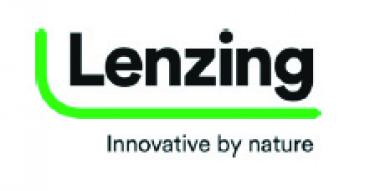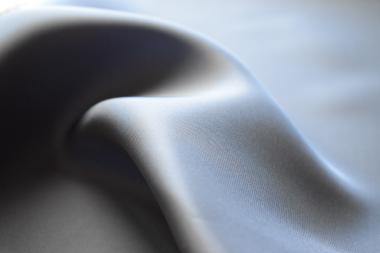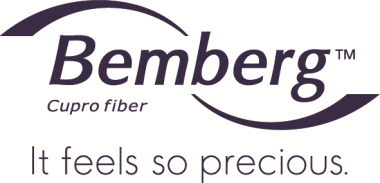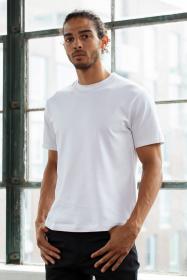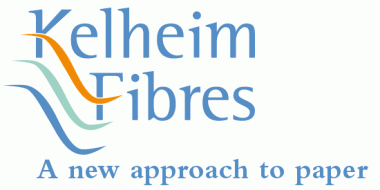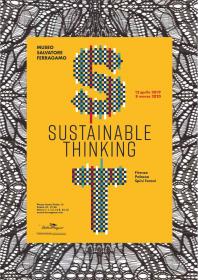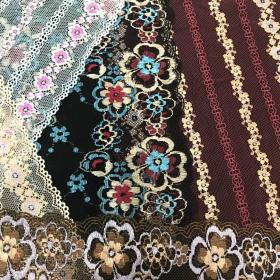130 Million Liters of Water Saved in One Year
Singapore – As global interest in sustainable textile production continues to soar, mills that have adopted Huntsman Textile Effects’ all-in-one ERIOPON® E3-SAVE textile auxiliary for polyester processing, which launched one year ago, have collectively saved more than 130 million liters of water.
Demand for polyester fabric is being driven by seemingly insatiable consumer appetite for sportswear and athleisure clothing. Sales in the sector have been on an upward trend for several years and are even proving resilient amid Covid-19 market disruption. However, dyeing of polyester and its blends has traditionally been resource intensive, time consuming and costly.
Huntsman Textile Effects’ next-generation ERIOPON® E3-SAVE textile auxiliary was engineered to address these challenges. It eliminates the need for separate pre-scouring, allowing pre-scouring, dyeing and reduction clearing to be combined in a single bath. Mills that use ERIOPON® E3-SAVE can thus dramatically shorten the polyester dyeing process and save water, energy and cost.
“Our innovations aim to help mills improve their productivity and competitiveness while also contributing to the textile industry’s shift to more sustainable practices and a reduced environmental footprint,” said Kerim Oner, Global Marketing Manager, Huntsman Textile Effects. “With ERIOPON® E3-SAVE, we have harnessed the unparalleled technical expertise and application know-how of our research and field teams to develop a product that is proven to reduce costs for mills and that meets current and anticipated industry sustainability standards.”
Dae Young Textile Vietnam Co., Ltd, a forerunner in sustainable textile production in Asia, was an early adopter of the ERIOPON® technology. Results from bulk production show that ERIOPON® E3-SAVE has reduced process time by over 20 percent and water consumption by over 50 percent, delivering annual cost savings of up to 30 percent.
“ERIOPON® E3-SAVE delivers a combination of best-in-class performance and value. It allows us to have the shortest possible processing cycle, which is key for us to deal with increasing industry pressure for faster turnarounds,” Jeong Won Oh, General Manager, Dae Young Textile Vietnam, said. “Alongside dramatic time savings, we are also saving water, energy and ultimately cost. Huntsman’s best-in-class products and high level of technical support help keep businesses like us productive.”
This unique polymer technology of ERIOPON® E3-SAVE promotes controlled exhaustion to ensure right-first-time level dyeing. It extracts oil and oil-based impurities from the fiber during processing and displays a high affinity to disperse dyes, enabling the rapid removal of unfixed surface dyes from the fiber during reduction clearing. The technology also enhances reproducibility and improves wet- and rub-fastness.
ERIOPON® E3-SAVE saves time, water, energy and cost in polyester dyeing by combining pre-scouring, dyeing and reduction clearing in a single bath. An advanced multi-action dyeing auxiliary in the dyEvolutionTM range, it delivers environmental and economic sustainability.
Huntsman Corporation






